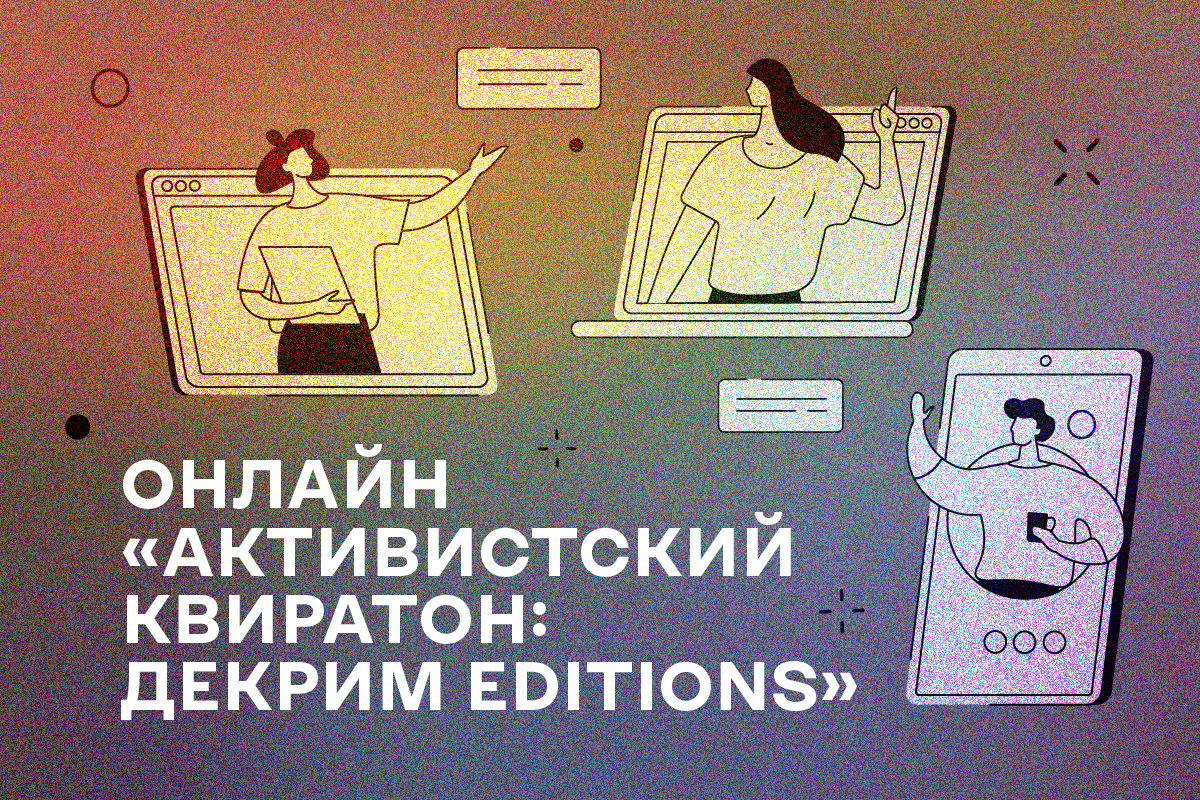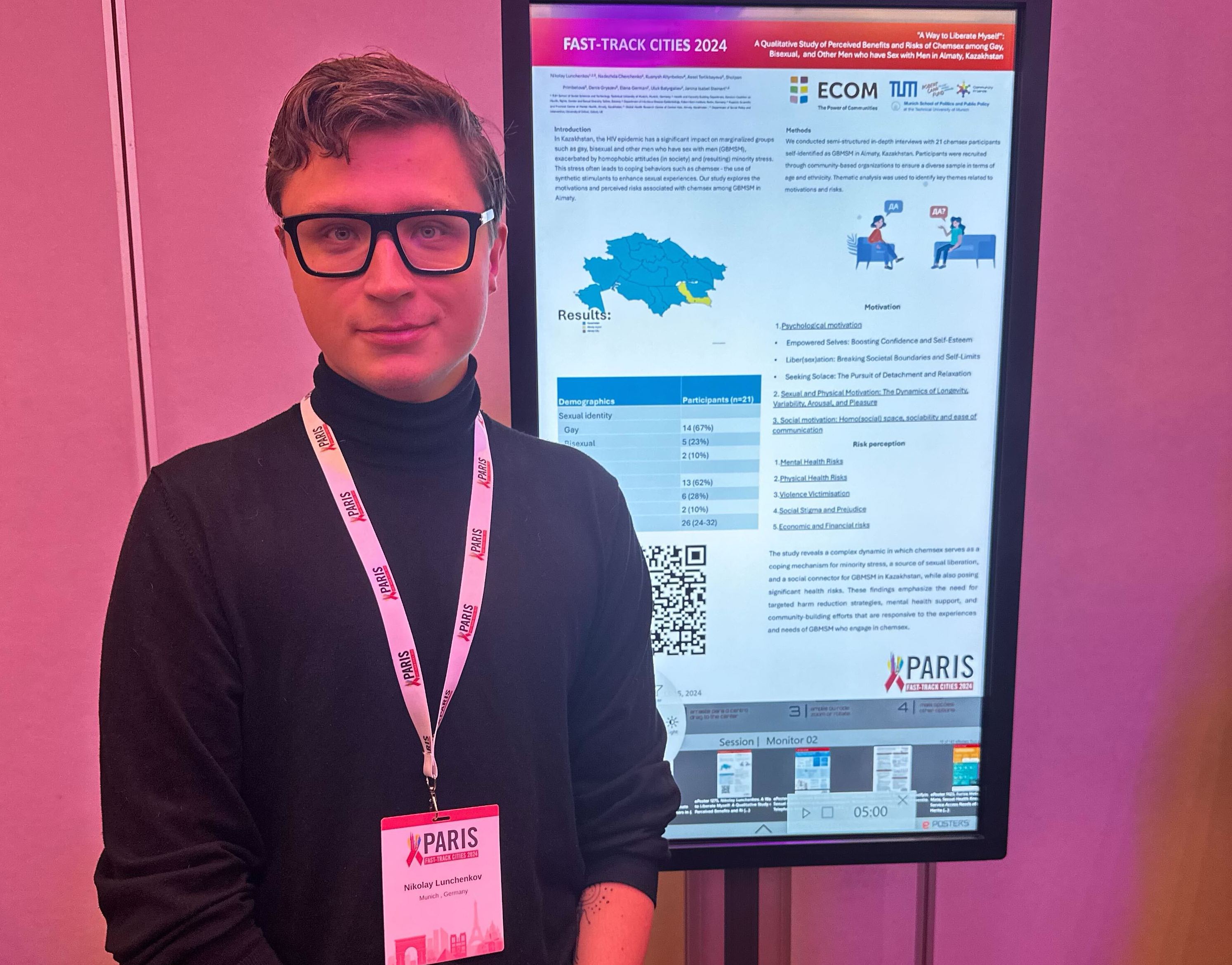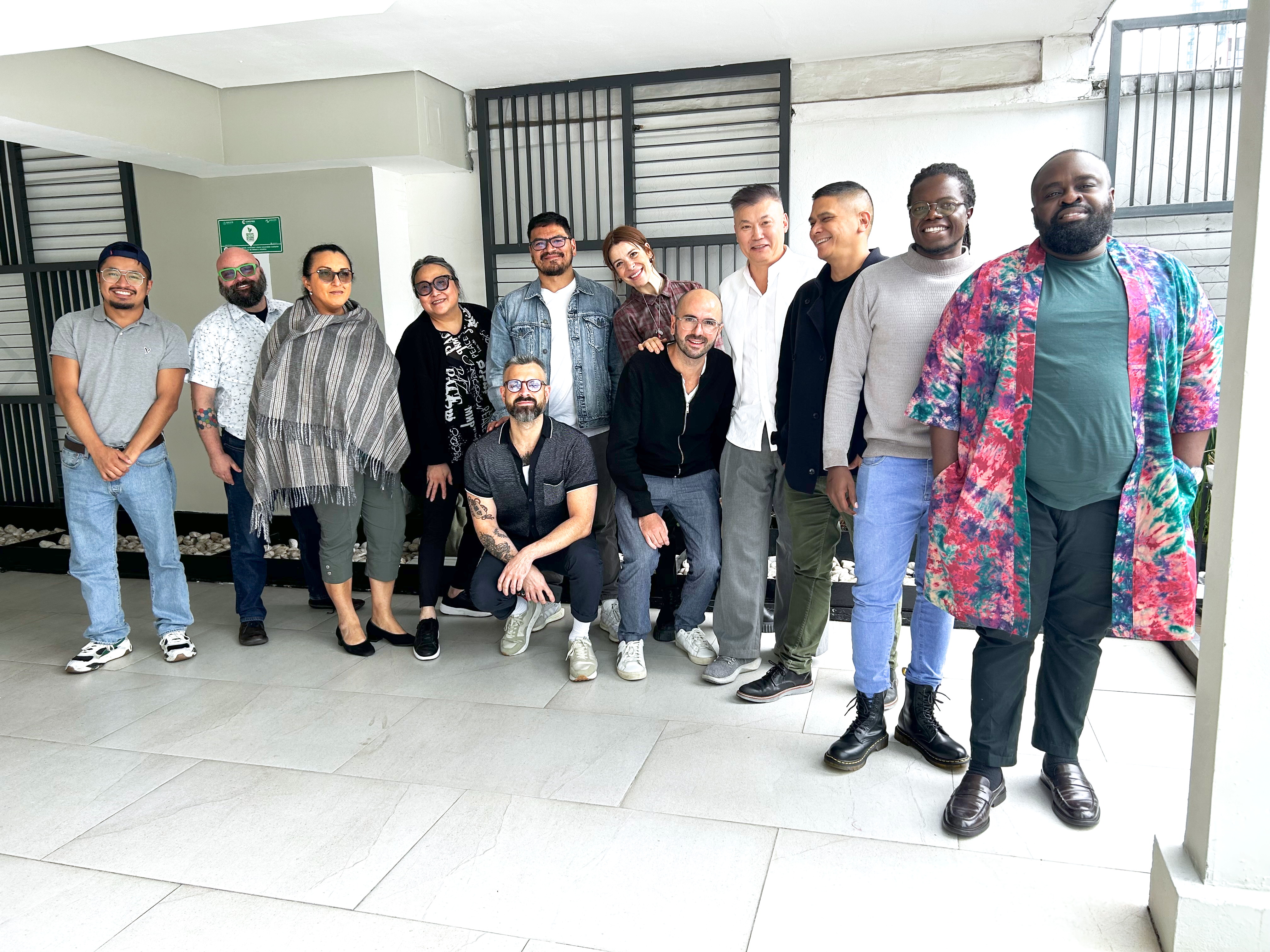In the summer, a meeting of regional networks was held in Vilnius entitled “During and after the war: rethinking the role of community networks of PLHIV and key groups and other civil society organizations.” Vitaly Djuma, Executive Director of ECOM, took part in it. And we are ready to share the results of the meeting.
Russia's full-scale aggression against Ukraine, which started on February 24, has resulted in deaths, displacement, disrupted access to basic health and social services, and threatens to halt the progress Ukraine has made in recent years in its response to the HIV and TB epidemics. Despite the disruptions caused by the war, HIV and TB services in Ukraine must be continued and expanded, the meeting participants say.
The list of meeting participants included representatives of regional networks of key populations, PLHIV, people affected by tuberculosis and civil society organizations, as well as UNAIDS, the Global Fund and other experts in the field of HIV, tuberculosis, human rights and security.
As a result of the meeting, EECA community and civil society organizations call on donors for larger and more flexible funding to enable NGOs and civil society organizations to work more effectively and respond to the local situation.
Key recommendations from the communities to the Global Fund partnership:
- Increasing financial support for HIV and TB response in EECA countries as part of the upcoming NFM4 funding cycle.
- Changing advocacy and delivery of HIV/TB services by communities in EECA countries.
- Considering the consequences of the war for regional and national community organizations and civil society organizations.
- Taking into account the impact of the war on planning the HIV response in EECA countries.
- Strengthening the dialogue between civil society and the Global Fund for new forms of partnership.
- Changing approaches and expanding technical assistance for civil society.
The war and growing authoritarianism in the region as a whole have significantly worsened an already fragile human rights situation. The meeting participants called for support regarding the physical, mental and digital safety of employees and volunteers at civil society organizations.
Sub-regional differences are growing in the region, and therefore activists are turning to national and international partners to take into account different opportunities and needs. It is important to promote regional unity and maintain the influence of communities of people affected by HIV and TB, key populations, community-led networks and civil society organizations. In this light, there is an increase in the role of regional networks, which can support solidarity and cooperation between activists, professionals and decision makers in different countries.
The main message voiced during the meeting:
Russia's war against Ukraine has accelerated the process of separation between the countries of Eastern Europe and Central Asia. However, community and civil society organizations are uniquely positioned to solve problems if they receive support at the national and international levels.






Комментарии
Пока никто не оставил комментарий